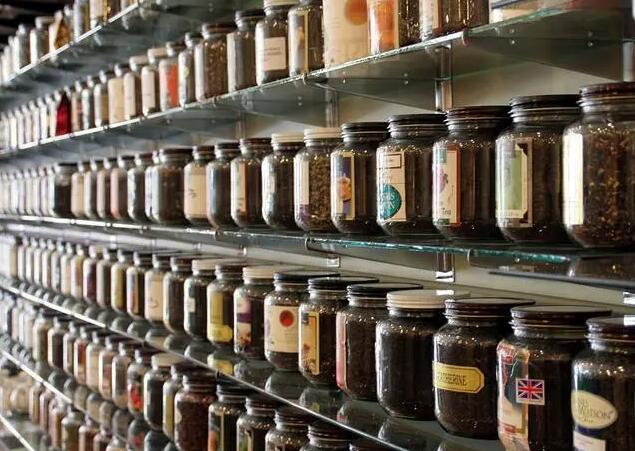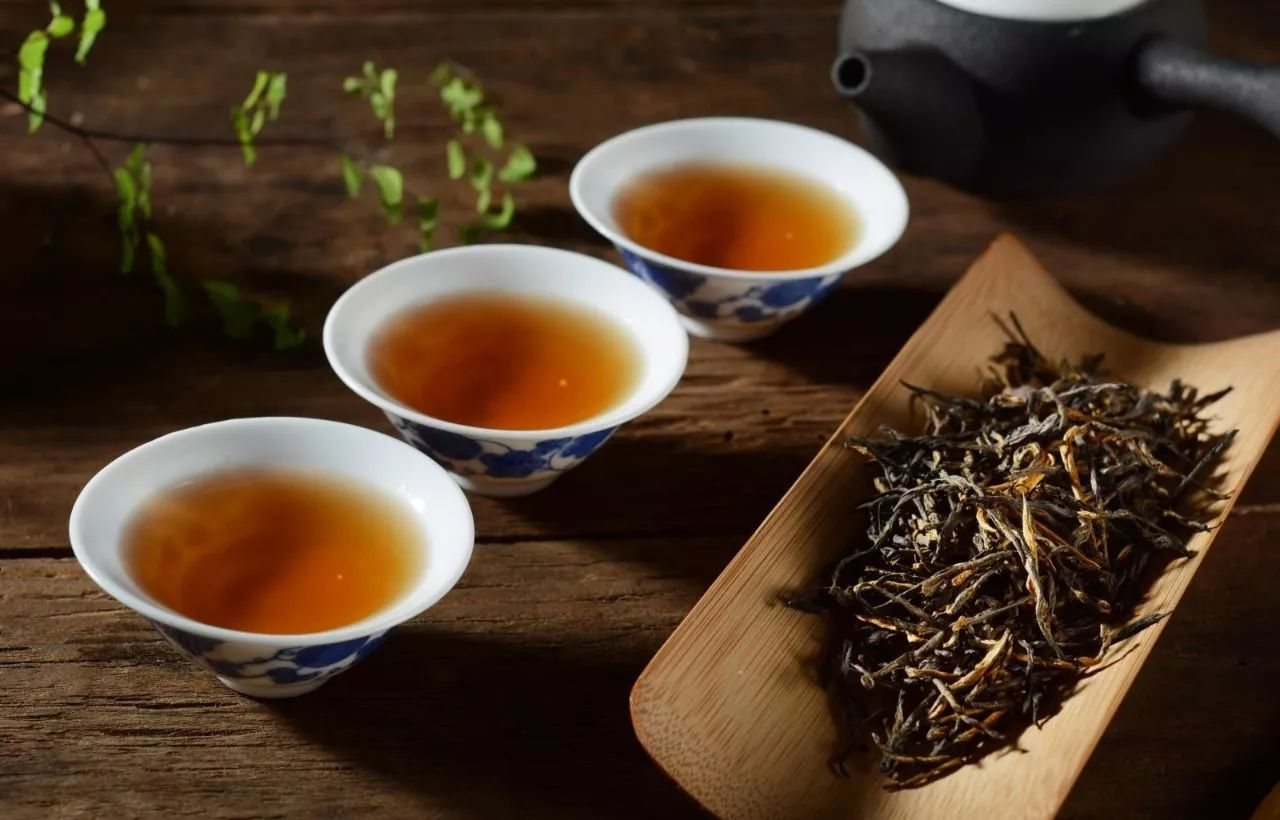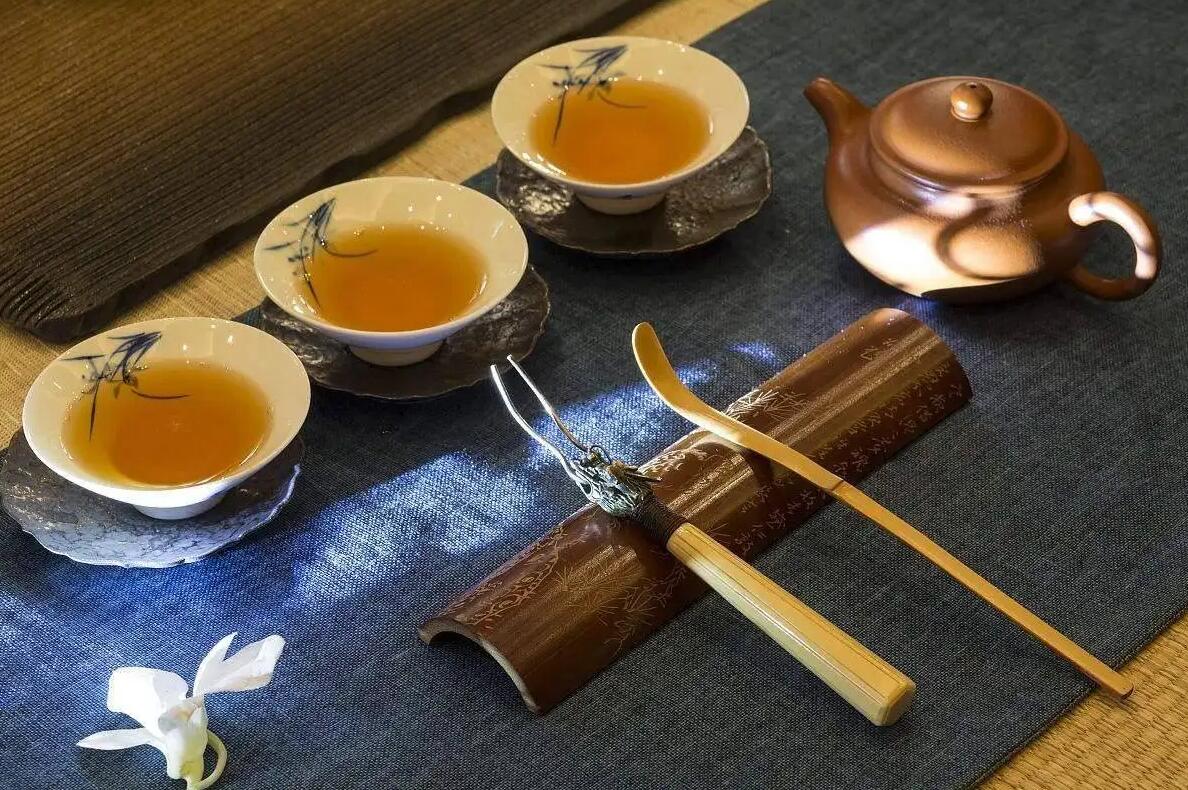Yuan Dynasty
The Yuan Dynasty did not last very long in China,when the Mongolian ruled China only for about a hundred year. During the Ceremony was not interrupted by the political change, nor stalled as the rulers' substitution by the Mongolian. On the contrary, it was much more adored by them because it helps their diet digestion of eating beef and mutton.
In the Yuan Dynasty, the Mongols took tea as the basic needs of daily life. Their simplicity of the tea customs affected on the luxury and trivial tea customs of the Song Dynasty, creating innocence, simple and practical new way. On the other hand, the grief Han scholars felt that being accompanied of tea returned them to the nature and formed a natural way of tea drinking.
The Rulers Extreme Fondness of Tea in the Yuan Dynasty
The rulers of the Yuan Dynasty, from Kublai Khan, Emperor Yuan Chengzong to Emperor Yuan Huizong all loved tea. The sixth Dade years (1302A.D.) in the Yuan Dynasty, the rulers built the Royal Tea Garden in Fujian Wuyi Mountain, which promoted the tea production in China and the further development of skill levels. The high officials were mostly master-hands of tea.
For example, the prime minister Yelv Chucai, wrote seven poems to ask for tea from Mr Wang in order to get a very valuable Wuyi Tea at that time from friend Wang Junyu.
The First:
Haven't sipped the Jianxi tea for ages, the yellow dusts nearly obsessed my heart and ear. Thinking of tea brewing in the green cup and the fresh tea buds being grinded in the gold mill It is really hard and luxury to think of Lu Tong’s seven bowls of tea, and also Master Shen's three cups. I would dare to beg you, please give me a few pieces of tea and satisfy my thirst and desire.
The Seventh:
Finished savoring a bowl of southern tea, it runs smoothly in my stomach. What a joy to grind the tea with gold mill and brew it in a jade-green cup. I am so inspired to write poems and the sleep is really sweet and deep. The spirit feels so relaxed and I am lying down to look at the sun set.
In the poems, he wrote down his feelings in a frank way. When he had no tea to drink, he was so depressed; but after drinking the tea, he felt so relaxed and inspired and wanted to write poems. We can tell that he loved tea so much.
The Scholars Dispel Their Grief through Drinking Tea
After the Dynasties of Song, Jing and Liao demised, a certain amount of Han scholars were reluctant to accept the reign from the Yuan rulers. They resigned from their positions and quitted the governing bodies. Some of them even hid in the mountains and took tea as a way to dispel the depression. Some of them endured the shame in the city but addressed the grievances by tea.
The scholar secretary, the left department director of the Jin Kingdom's central government, Yuan Haowen (1190A.D. ~ 1257A.D.), resigned from his position and never came back after his power demised. He spent the rest of his life in drinking tea. He wrote a poem Drinking Tea:
Not very awakening from the night drunk but tired of alcohol, get the Zisun tea ready in the early morning. After Hanshi day but before the Luohua day,Only a cup of aromatic tea would last, the wind breezes comfortably.
It makes me feel possible to visit Hua Xu, I would like to ask them from Penglai even it is in my dream.
"A night drunk" means get drunk over night but still could not get awake from it, "Zisun" is a famous tea in the Tang Dynasty. The Poem talks about how he brewed Zisun tea in the early morning, ,only such tea could console his grief. Hua Xu is a legendary utopia and Penglai refers to the immortal mountains in the sea. Yuan Haowen is eager to be a recluse through tea.
In the Yuan Dynasty from Jinhua, Ye Yo, seeking a hidden life, wrote in the Tea sound in a stone wok:
A bottle in the Green Mountain under white clouds, the water and fire are just ready for brewing tea. Haven't heard of anything from the society for ten years, I am just enjoying my tea boiling in the stone wok.
To avoid the chaos of rebellion, Xie Yingfang, who hid in Wu, wrote Sub-rhyme the Character Tea:
White crane birds and clear river water, a man's house in the wild near the river.Clean the wood-stick door to welcome visitors, use tea to treat the guests after a little drunks Leaves ringing from the western forest, the wind blowing rice flower after a rain, A few green bamboo are growing under the north window, it is not sun-set yet after I wrote a few poems.
From these tea poems, we can see how the Han scholars "improve their own virtue" and entertain themselves with tea.



